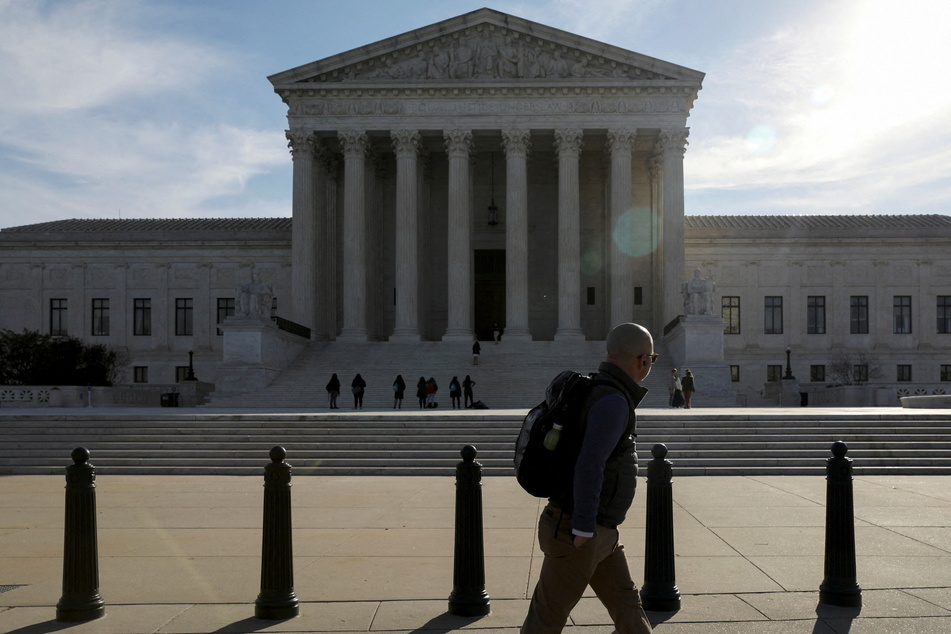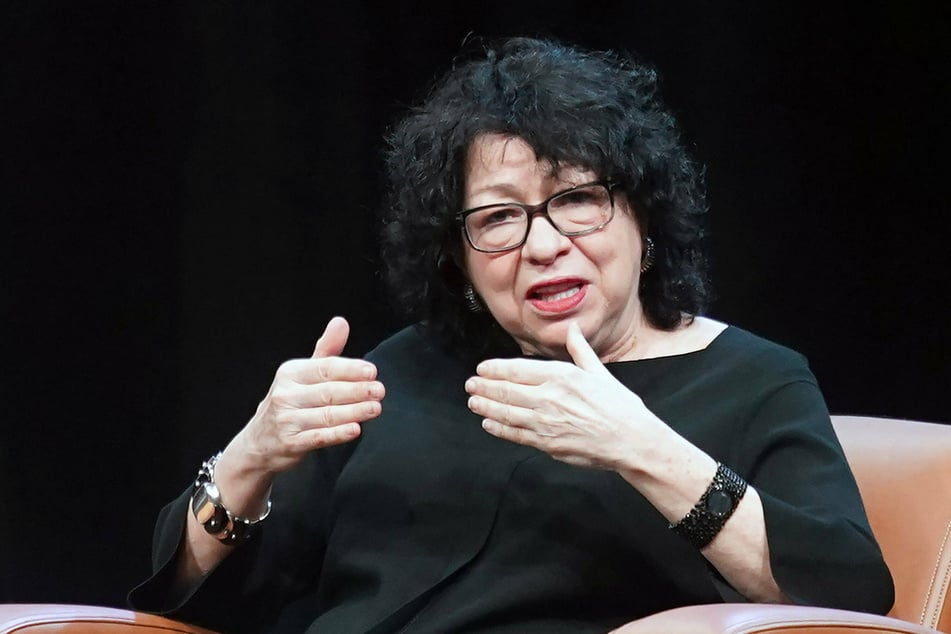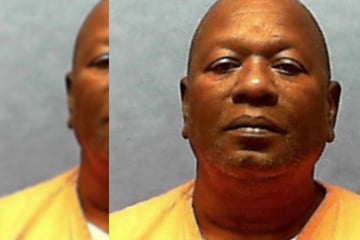Progressives slam Supreme Court decision denying benefits to Puerto Ricans
Washington DC - The US Supreme Court on Thursday ruled 8-1 to deny Puerto Ricans living on the island equal access to federal social security benefits.

The decision came after a Puerto Rico resident filed an appeal seeking to receive the same Supplemental Security Income (SSI) benefits he received while living on the mainland, HuffPost reported.
SSI is a federal, tax-funded program that provides cash payments to disabled children and adults, as well as senior citizens.
Residents of Puerto Rico – a US territory – are American citizens, but they cannot vote in federal elections and do not have access to the same governmental benefits as citizens on the mainland.
The court case in question concerned a man named Jose Luis Vaello-Madero, who was receiving SSI benefits while living on the mainland and kept getting them when he moved to Puerto Rico.
When the US government sued him to take back the $25,000 he had received from the program since his move, he argued that his inability to access government benefits regardless of where he lived in the US violated his Fifth Amendment rights.
Eight Supreme Court justices disagreed with Vaello-Madero. "The limited question before this Court is whether, under the Constitution, Congress must extend Supplemental Security Income to residents of Puerto Rico to the same extent as to residents of the States," conservative Justice Brett Kavanaugh wrote.
"The answer is no."
The lone dissent

Liberal Justice Sonia Sotomayor, who is of Puerto Rican descent, was the lone dissenting voice.
She wrote in her opinion: "Congress’ decision to deny to the US citizens of Puerto Rico a social safety net that it provides to almost all other US citizens is especially cruel given those citizens’ dire need for aid. Puerto Rico has a disproportionately large population of seniors and people with disabilities."
"Equal treatment of citizens should not be left to the vagaries of the political process," she continued, challenging the notion that Congress should decide the fate of Puerto Ricans' social security access.
"Because residents of Puerto Rico do not have voting representation in Congress, they cannot rely on their elected representatives to remedy the punishing disparities suffered by citizen residents of Puerto Rico under Congress’ unequal treatment."
Progressives agreed, calling the decision another expression of US colonialism that denies some citizens full inclusion.
Others pointed out that it's unfair that people in Puerto Rico cannot access equal benefits, even though they have paid taxes that go toward funding those same programs.
Cover photo: REUTERS

